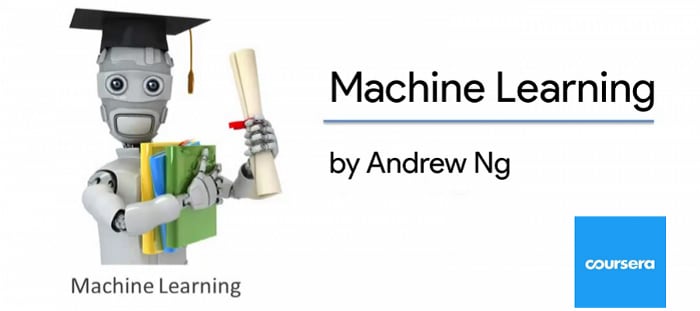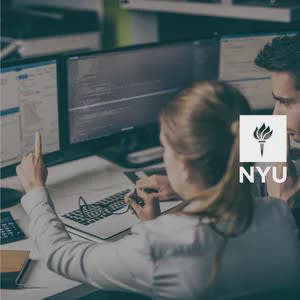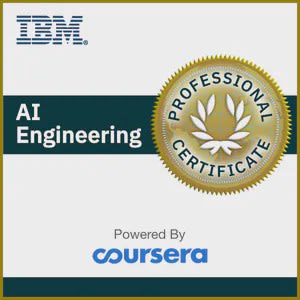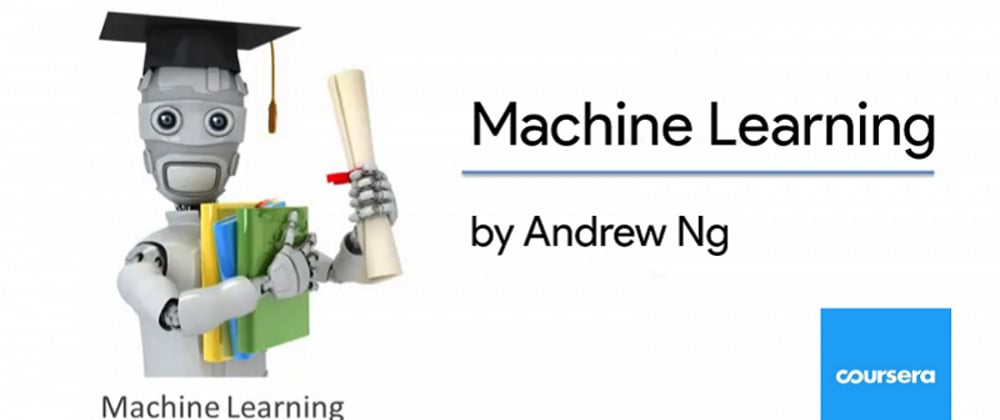1. Machine Learning offered by Stanford University (with Professional Certificate)
It's a free course and the best choice.
https://www.coursera.org/learn/machine-learning

Machine learning is the science of getting computers to act without being explicitly programmed. In the past decade, machine learning has given us self-driving cars, practical speech recognition, effective web search, and a vastly improved understanding of the human genome. Machine learning is so pervasive today that you probably use it dozens of times a day without knowing it. Many researchers also think it is the best way to make progress towards human-level AI. In this class, you will learn about the most effective machine learning techniques, and gain practice implementing them and getting them to work for yourself. More importantly, you'll learn about not only the theoretical underpinnings of learning, but also gain the practical know-how needed to quickly and powerfully apply these techniques to new problems. Finally, you'll learn about some of Silicon Valley's best practices in innovation as it pertains to machine learning and AI.
This course provides a broad introduction to machine learning, datamining, and statistical pattern recognition.
Topics include:
(i) Supervised learning (parametric/non-parametric algorithms, support vector machines, kernels, neural networks).
(ii) Unsupervised learning (clustering, dimensionality reduction, recommender systems, deep learning).
(iii) Best practices in machine learning (bias/variance theory; innovation process in machine learning and AI).
The course will also draw from numerous case studies and applications, so that you'll also learn how to apply learning algorithms to building smart robots (perception, control), text understanding (web search, anti-spam), computer vision, medical informatics, audio, database mining, and other areas.
2. AI for Medical Diagnosis
https://www.coursera.org/learn/ai-for-medical-diagnosis
AI is transforming the practice of medicine. It's helping doctors diagnose patients more accurately, make predictions about patients' future health, and recommend better treatments. This three-course Specialization will give you practical experience in applying machine learning to concrete problems in medicine.
3. Guided Tour of Machine Learning in Finance(with Professional Certificate)
https://www.coursera.org/learn/guided-tour-machine-learning-finance

This course aims at providing an introductory and broad overview of the field of ML with the focus on applications on Finance. Supervised Machine Learning methods are used in the capstone project to predict bank closures. Simultaneously, while this course can be taken as a separate course, it serves as a preview of topics that are covered in more details in subsequent modules of the specialization Machine Learning and Reinforcement Learning in Finance.
4. IBM AI Engineering Professional Certificate
https://www.coursera.org/professional-certificates/ai-engineer

You will be able to scale Machine Learning on Big Data using Apache Spark. You will build, train, and deploy different types of Deep Architectures, including Convolutional Networks, Recurrent Networks, and Autoencoders. By the end of this Professional Certificate, you will have completed several projects showcasing your proficiency in Machine Learning and Deep Learning, and become armed with skills for a career as an AI Engineer.
5. Mathematics for Machine Learning Specialization(with Professional Certificate)
https://www.coursera.org/specializations/mathematics-machine-learning

Mathematics for Machine Learning. Learn about the prerequisite mathematics for applications in data science and machine learning
6. Machine Learning for Accounting with Python(Professional Certificate)
https://www.coursera.org/learn/machine-learning-accounting-python

Accounting Data Analytics with Python is a prerequisite for this course. This course is running on the same platform (Jupyter Notebook) as that of the prerequisite course. While Accounting Data Analytics with Python covers data understanding and data preparation in the data analytics process, this course covers the next two steps in the process, modeling and model evaluation. Upon completion of the two courses, students should be able to complete an entire data analytics process with Python.
7. IBM Data Science Professional Certificate offered by IBM
https://www.coursera.org/professional-certificates/ibm-data-science

This program consists of 9 courses providing you with latest job-ready skills and techniques covering a wide array of data science topics including: open source tools and libraries, methodologies, Python, databases, SQL, data visualization, data analysis, and machine learning. You will practice hands-on in the IBM Cloud using real data science tools and real-world data sets.
8. Investment Management with Python and Machine Learning Specialization
https://www.coursera.org/specializations/investment-management-python-machine-learning

When you finish every course and complete the hands-on project, you'll earn a Certificate that you can share with prospective employers and your professional network.
9. Applied Machine Learning in Python offered by University of Michigan
https://www.coursera.org/learn/python-machine-learning

This course will introduce the learner to applied machine learning, focusing more on the techniques and methods than on the statistics behind these methods. The course will start with a discussion of how machine learning is different than descriptive statistics, and introduce the scikit learn toolkit through a tutorial. The issue of dimensionality of data will be discussed, and the task of clustering data, as well as evaluating those clusters, will be tackled. Supervised approaches for creating predictive models will be described, and learners will be able to apply the scikit learn predictive modelling methods while understanding process issues related to data generalizability (e.g. cross validation, overfitting).







Top comments (0)